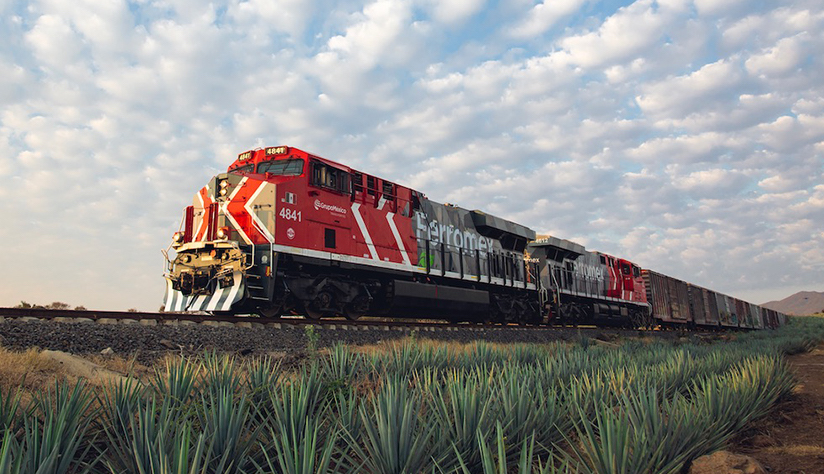
WASHINGTON — A number of U.S. agricultural shippers are raising concerns about inadequate capacity on Mexican railroad Ferromex, which they say has struggled to handle grain trains since late last year as cross-border rail traffic has grown.
A coalition of agricultural groups yesterday asked Surface Transportation Board Chairman Robert Primus, Agriculture Secretary Tom Vilsack, and U.S. Trade Representative Katherine Tai to speak with Mexican officials to encourage investments in rail capacity.
Ferromex connects with Union Pacific and BNSF Railway at the key border crossings at Eagle Pass and El Paso, Texas, which are the second and third busiest rail gateways to Mexico by volume, respectively.
The agricultural groups say that trade with Mexico is growing faster than rail capacity south of the border. “The increased demand for rail service coupled with insufficient investment in rail infrastructure has led to embargoes, congestion, and slowed servicing of U.S. agricultural products by Ferromex, a main rail carrier in Mexico,” the groups wrote in a letter posted to the STB website today.
As a safety precaution, Ferromex suspended northbound service for several days in September due to the influx of migrants in its yards and on trains bound for the U.S. border. U.S. Customs and Border Protection subsequently closed the rail bridge over the Rio Grande that connects Eagle Pass with Piedras Negras in Mexico. Customs officials also shut the Eagle Pass and El Paso gateways for a few days in December so that they could divert personnel to address a surge in migrant border crossings.
The temporary closures of the border crossings caused rail traffic to back up in the U.S. and Mexico. But the agricultural groups say capacity — not migrants seeking refuge in the U.S. — is the key contributor to service problems on Ferromex.
“The situation has been periodically exacerbated by migrants stopping trains, but the insufficient rail capacity to meet demand has been a persistent issue since late 2023 and seems to be the bigger issue impacting rail service for U.S. agricultural goods in Mexico,” the groups wrote.
Ferromex has issued a dozen congestion-related embargoes this year, according to the Association of American Railroads Railinc database. A June 16 embargo, which remains in force, includes grain, cotton, and other commodities bound to more than 20 destinations on the railroad.
BNSF on June 21 issued an embargo for corn shipments moving through the Eagle Pass and El Paso gateways, citing congestion. “This embargo is issued to ensure fluidity at the interchange points as accumulated traffic resumes movement,” the railroad said. On July 3, BNSF amended the embargo to allow grain traffic to move under a permit system.
A BNSF spokesman said Ferromex interchange is now running smoothly, noting that most of BNSF’s Mexico-bound grain uses the El Paso gateway. Union Pacific also reports that its Mexico-bound traffic is moving well and that it has been able to route traffic around disruptions.
“Union Pacific’s operations are fluid, and we are not experiencing any congestion with grain cars at this time. Due to disruptions in Mexico, we have been identifying and relying more on alternative gateways into Mexico in the past month to meet our customers’ needs, including moving more grain through El Paso,” UP spokeswoman Robynn Tysver says.
The U.S. Department of Agriculture took note of congestion. “Rail service problems persist in Mexico. In the first half of May, Ferromex issued permit embargoes on agricultural shipments transiting the Eagle Pass and El Paso border crossings,” the agency wrote in its July 25 Grain Transportation Report.
And STB Chairman Primus, in a July 23 letter to BNSF CEO Katie Farmer regarding broader concerns over the railway’s ability to handle the U.S. grain harvest this year, touched on service problems in Mexico.
“I also am deeply concerned with the recent incidents in Mexico, involving Ferromex (FXE), that have caused significant disruptions to your network resulting in the embargoing and permitting of grain shuttles. As I have told you and members of your organization, I am committed to working with you and other federal agencies to get to the bottom of these disruptions and avoid them in the future,” Primus wrote. “We simply cannot allow circumstances in Mexico to upend significant portions of BNSF’s network in the United States.”
Primus urged BNSF to consider alternatives to Ferromex, which would mean shifting traffic to CPKC de Mexico. “We can ill afford to again have BNSF lose access to more than 120 locomotives and have grain shipments embargoed and delayed during this year’s Fall harvest,” Primus wrote.
Union Pacific has a 26% stake in Ferromex, which is owned by the Mexican conglomerate Grupo Mexico. Ferromex did not respond to a Trains News Wire email seeking comment on congestion issues.
Ferromex gained a pair of priority intermodal trains late last year when BNSF and J.B. Hunt shifted their Mexico traffic to the Eagle Pass gateway from its previous route via Canadian Pacific Kansas City through the Laredo gateway. The Canadian National-Union Pacific-FXE Falcon Premium service, launched last year, prompted the upgrade of existing cross-border intermodal service to premium Z train status as its schedule was tightened.
Last fall BNSF and UP officials told Trains that they believed Ferromex had the capacity necessary to handle the additional traffic.
Ferromex’s main line south from Piedras Negras handles 16 or so trains per day and is dark territory dispatched with track warrants. Main lines in the U.S. with similar volume operate with centralized traffic control.
“The rail capacity constraint is challenging trade and placing Ferromex in a position of having to choose products to ration rail service, resulting in U.S. agricultural products bearing the brunt of the rationing,” the agricultural groups said.






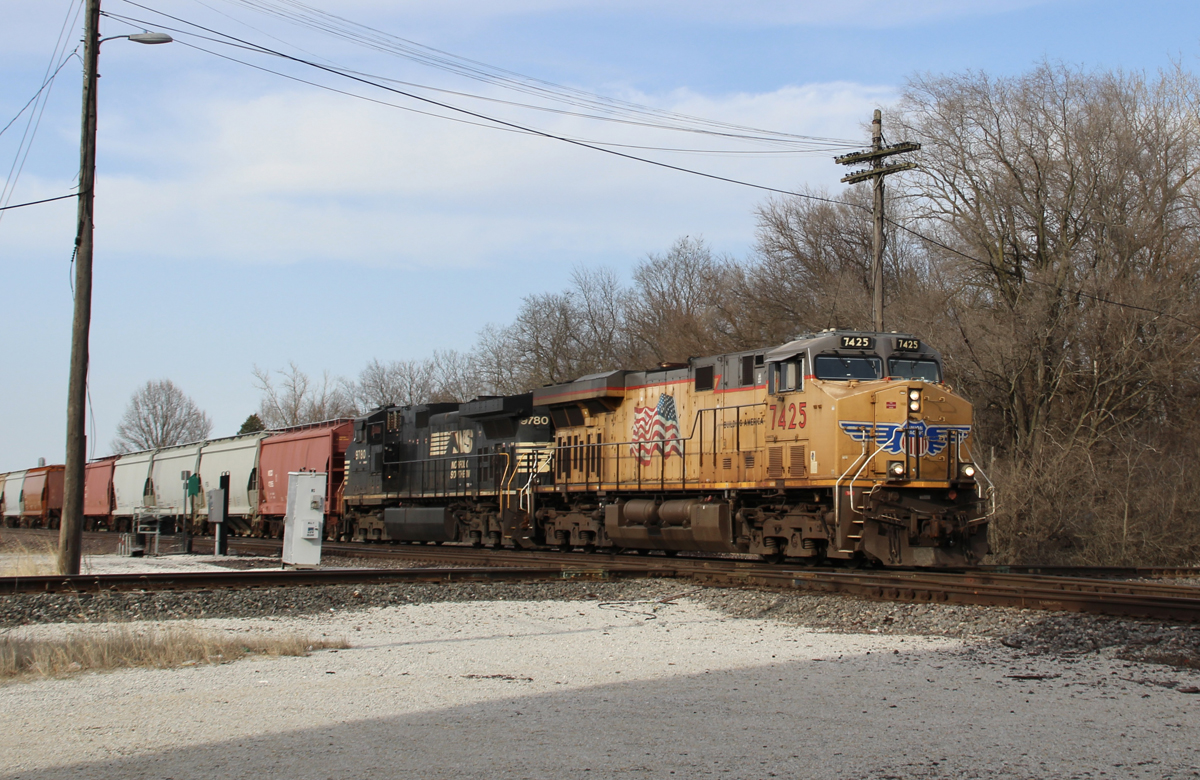
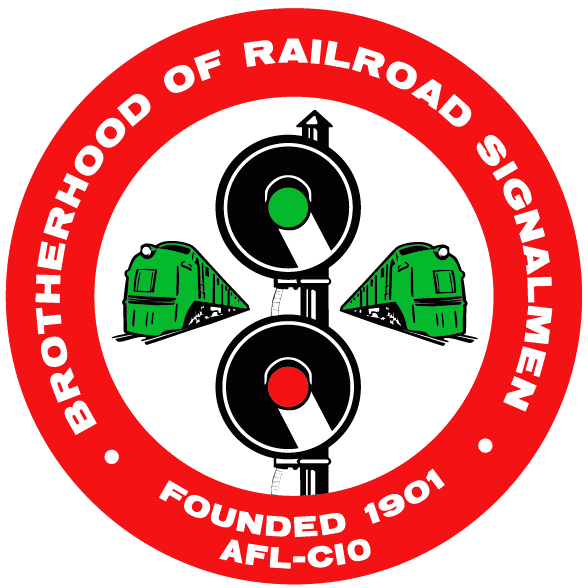
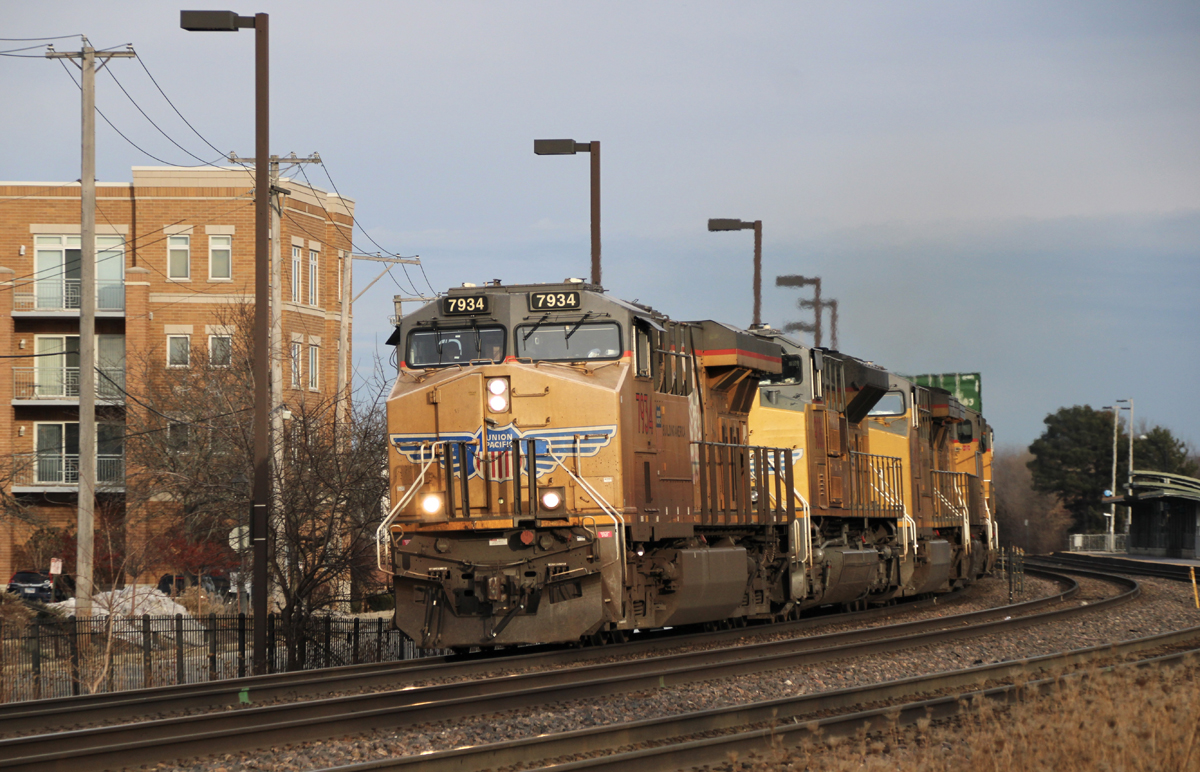
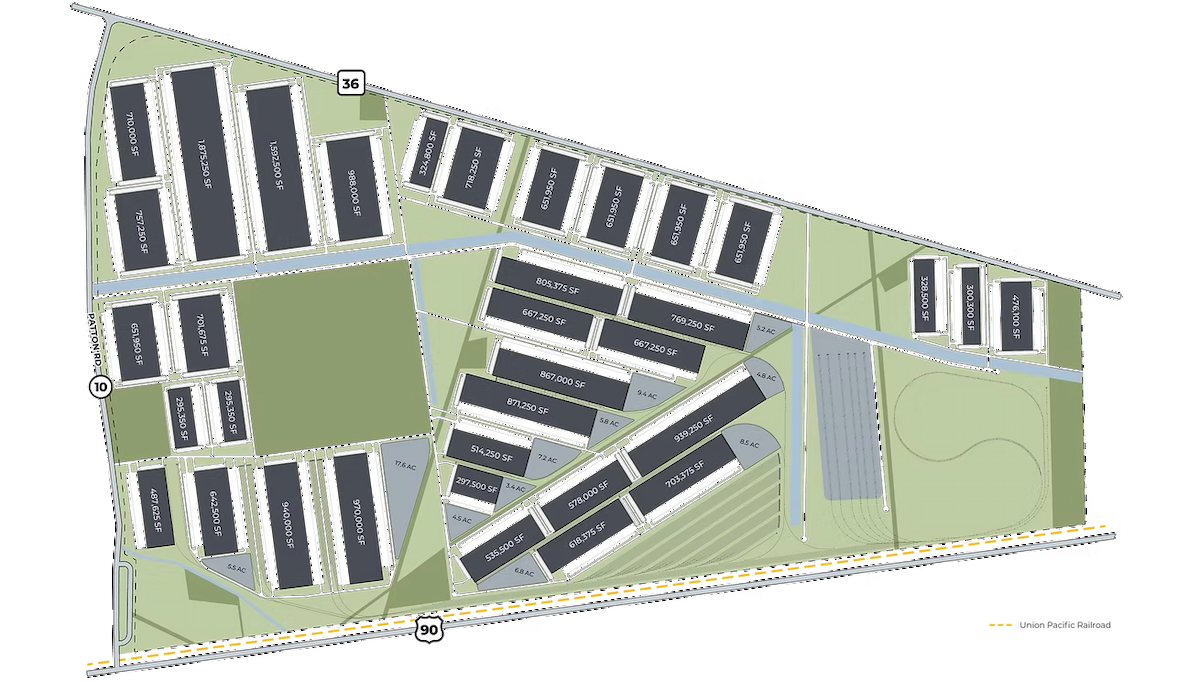




Track charts Of the affected lines in Mexico might be a telling revelation of the problems. With track warrants and a problem of CTC installations getting stolen more sidings probably are the only solution. Now what is holding up the funds for getting more capacity. Certainly, there are few impediments such as environmental rules slowing immediate construction? The Mayan work certainly was and is proceeding quickly.
I might add that the bridge at Presidio is finished but it contains no US Customs facility to serve it. If memory serves it won’t be built until 2026. Texas Pacifico runs this line down from San Angelo, Texas.
But to reach a Gulf port it would have to double back at Chihuahua or go all the way to Tompolobampo on the Pacific side.
The issue isn’t with Ferromex, its with the fact UP and BNSF did a traffic shift to avoid a reduced profit via Laredo. Now the grain volume reports are coming in and the shippers are trying to book for their Mexican clients and they are freaking out.
The new bridge at Laredo isn’t done yet, so it isn’t like CPKC has all the answers either.
Honestly, all of the Class 1’s will no doubt have a hopper shortage for anything not going on private ones. They may be the funnel all the shippers will have to use until UP and BNSF try to figure how to avoid CPKC at all costs.
Makes one wonder how much of this is actual concern by the grain shipping groups and not an effort to force UP’s hand in handling CPkc Grain traffic through Houston as they tired to do earlier. I also find Chairman Primus’ interest in Ferromex “interesting” since it is a Mexico governed railroad, not a US one. And suggesting BNSF and UP move some traffic back to CPkc de Mexico at Laredo seems like favoritism toward CPkc which is something the STB Chairman should steer away from if he is to be considered impartial in his role. I presume BNSF and UP did their homework when they shifted their business away from CPkc’s Laredo gateway to Eagle Pass due to the threat of increased border costs by CPkc and if I remember correctly the two roads were to make some big investments in the tracks to and from that location to handle the US side of the equation. Since Grupo Mexico stands to benefit from the increased traffic south of the border, they should be encouraged to increase capacity by adding sidings or double track where feasible on the Mexican side to be sure, and may already be working to that end. There are seven gateway’s into Mexico. I am sure solutions can be found to keep all the shippers grain moving across the border.
Agreed, as I had previously posted about that N-S BNSF line’s potential for increased traffic for Amtrak, with mixed freight service, that parallels I25, as well as the Rio Grande River (south of Domingo,NM).
Of course double tracking that BNSF line with reverse traffic signal capability would be a step in the right direction. But do keep in mind that the UPRR’s Tucumcari line north-east of ElPaso, TX and Santa Teresa, NM is a much more direct connection to the US’ midwest grain belt.
I would not put the total blame on Ferromex, the BNSF line from Belen NM to El Paso Texas is a single track secondary line that has never been a hi capacity main line like the east west lines of BNSF.